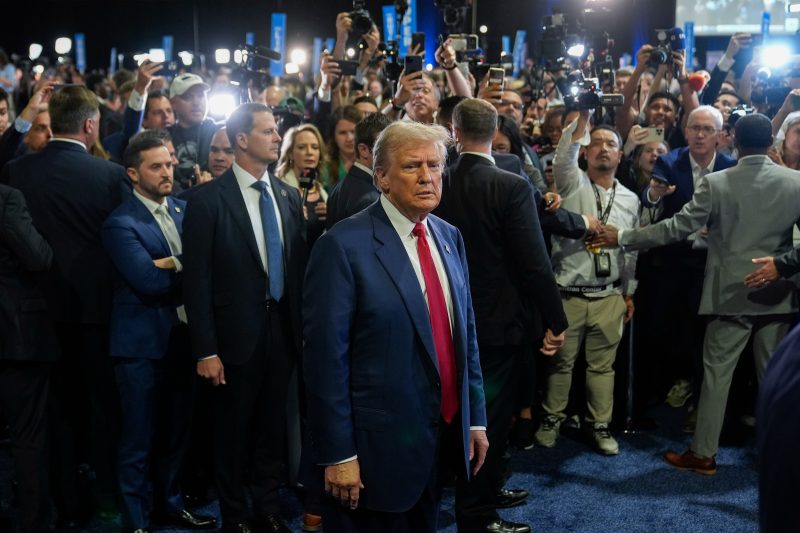In a world where effective communication is key to understanding and harmony, leaders find themselves constantly challenged by the need to connect with a diverse range of people. One such leader is Donald Trump, whose struggles with communication beyond his base have become increasingly evident.
Trump’s communication style, characterized by blunt language, ad-hominem attacks, and a tendency to speak in hyperbole, has ensured that his base remains loyal and responsive. However, when attempting to address a broader audience or engage in diplomatic relations, his communication approach falls short.
One notable feature of Trump’s communication style is his reliance on social media platforms, particularly Twitter, to convey his thoughts and opinions. While this direct and unfiltered approach may resonate with his base, it often comes across as impulsive and unprofessional to many observers outside his core supporters.
Moreover, Trump’s tendency to personalize criticisms and resort to name-calling undermines his credibility and hinders meaningful dialogue with those who may have differing viewpoints. Instead of engaging in respectful debate or offering nuanced arguments, Trump frequently resorts to attacks and dismissals, alienating potential allies and contributing to a polarized political environment.
In diplomatic settings, Trump’s communication challenges are further magnified, as he struggles to convey empathy, understanding, and nuanced diplomacy. His confrontational approach to international relations has strained relationships with traditional allies and emboldened adversaries, making effective communication and negotiation increasingly difficult.
Furthermore, Trump’s use of language and rhetoric often lacks the sophistication and diplomatic finesse required in international discourse. His simplistic and combative language may appeal to a segment of his domestic audience, but it does little to advance the United States’ interests on the global stage or foster positive relationships with other nations.
In conclusion, Donald Trump’s struggles with communication beyond his base highlight the importance of adaptability, empathy, and diplomacy in effective leadership. While his blunt and direct style may resonate with a portion of the population, it has proven to be a significant barrier to engaging with a broader audience and navigating complex diplomatic challenges. As leaders continue to grapple with the complexities of a globalized world, the ability to communicate effectively across diverse audiences remains a critical skill for success.

